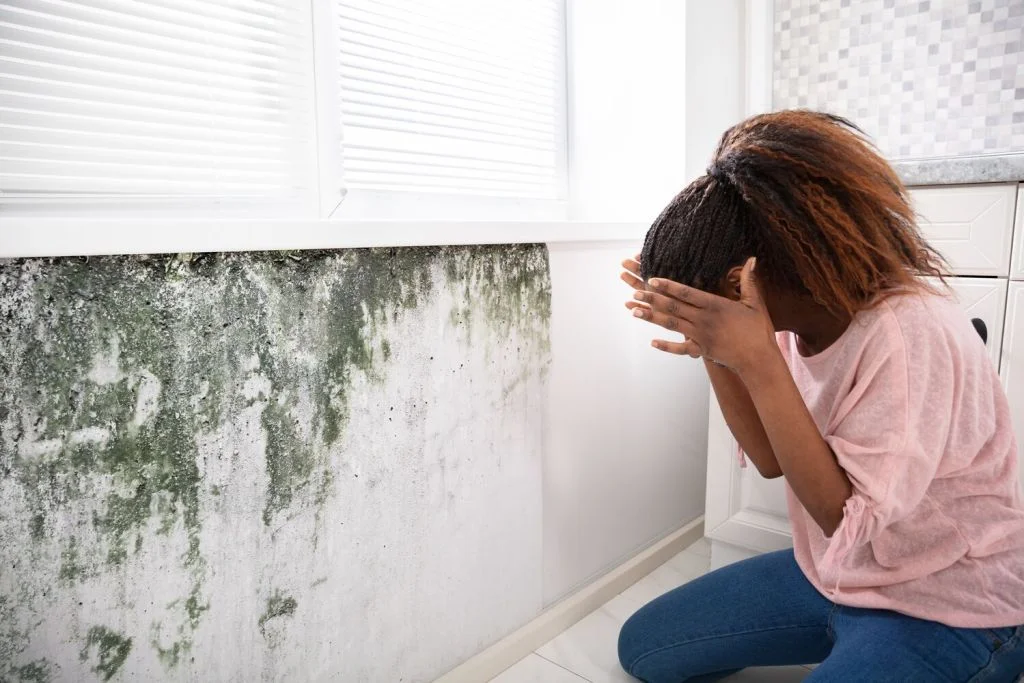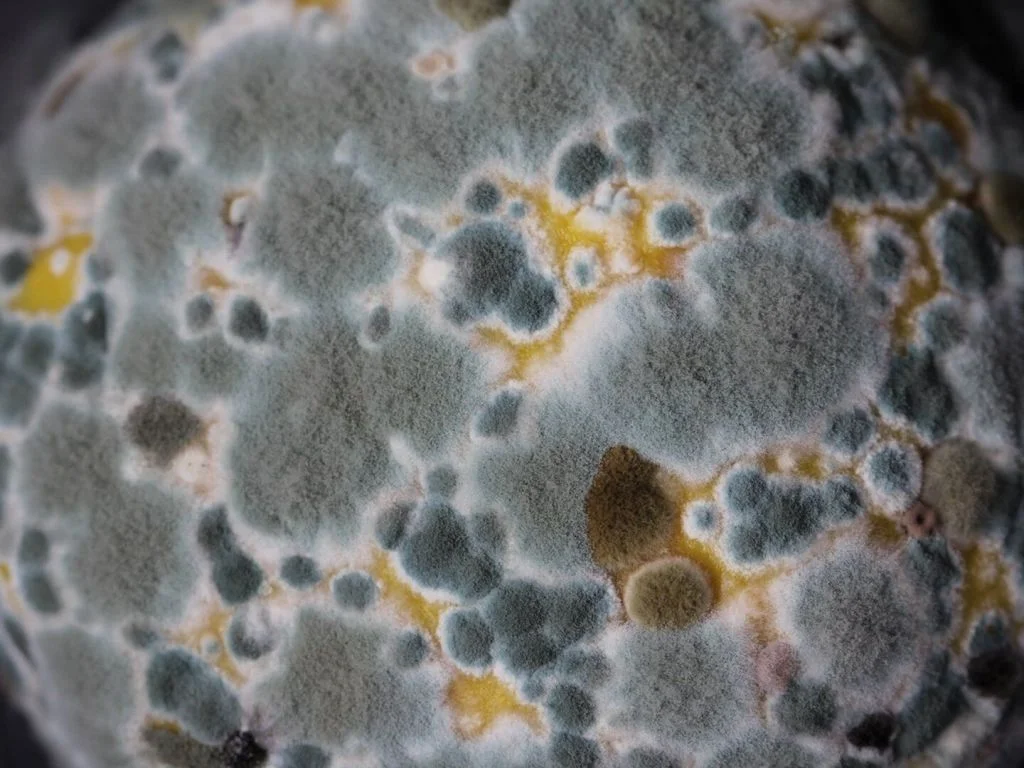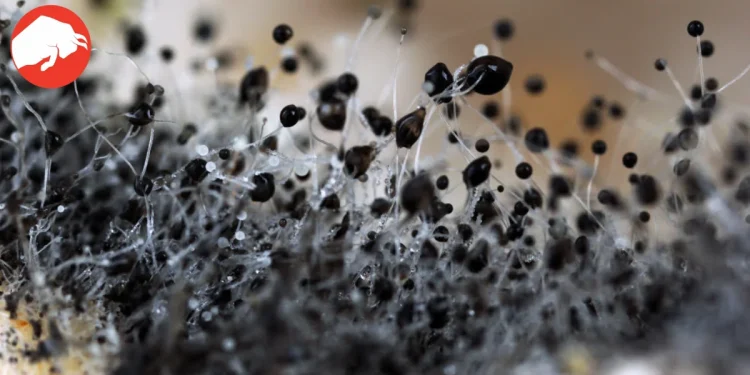The Stealthy Threat of Mold Toxicity
Mold toxicity is a health concern that affects many individuals but often goes unrecognized in conventional medicine. This silent adversary can impact your health significantly, and awareness is crucial in tackling its effects.
Dr. Ruscio DC, a noted expert in this field, defines mold toxicity as an illness caused by exposure to mold spores and biotoxins. Mold, a common fungus, thrives in moist environments, such as under floors, in ceilings, or around leaky pipes. Shockingly, a 2016 study revealed that a significant percentage of indoor living spaces across the globe host significant amounts of mold growth.

Identifying Mold Toxicity: 10 Warning Signs
It’s important to recognize the symptoms of mold toxicity, as approximately 25% of people lack the genetic ability to produce antibodies against mold biotoxins. This makes them more susceptible to mold-related health issues. Some key warning signs include:
- Irritated Eyes or Light Sensitivity
- Coughing and Congestion
- Shortness of Breath
- Fatigue or Weakness
- Numbness or Tingling
- Excessive Thirst and Frequent Urination
- Headaches and Body Aches
- Brain Fog or Memory Loss
- Mood Swings and Confusion
- Anxiety and Depression
These symptoms can affect multiple systems in your body, including the respiratory, nervous, and digestive systems, as well as mental health. Mold toxicity is a multi-symptom disease that is often misdiagnosed due to its varied effects on different individuals.

Treating Mold Toxicity: From Home Remedies to Professional Care
While avoiding mold exposure may be challenging, the condition is treatable. Home remedies include over-the-counter medications, sweating, and salt therapy. In severe cases, however, professional medical intervention is essential. It’s also crucial to ensure complete mold removal from your environment to prevent recurrence.
Prevention and Environmental Awareness
To prevent mold toxicity, it’s vital to maintain a mold-free environment. Molds flourish in dark, damp areas, so regular checks and maintenance of potential mold hotspots in your home or workplace are essential. Understanding and mitigating these risks can significantly reduce the likelihood of mold-related health issues.
In conclusion, mold toxicity is a complex condition that requires awareness, early detection, and appropriate treatment. By recognizing the symptoms and taking preventive measures, you can safeguard your health against this hidden hazard. For those experiencing severe symptoms, seeking professional healthcare is imperative to ensure proper treatment and recovery.









